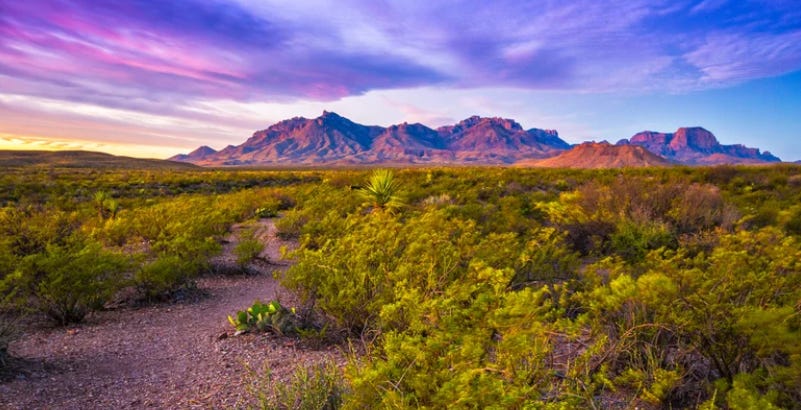The boy—the man—had gone. Left behind nothing but a few boot prints and the echo of a cracked bell’s final thud. Years passed. The desert, as always, was patient. It wore down what remained of the chapel, pulled apart the stones like old bones, and flattened the trail until only lizards remembered where it ran.
But not all things vanish. Some stories linger like smoke in dry wood.
One summer, long after the last homestead in the valley blew down, a girl arrived. Not by accident. She had a name for the place. Coyote Bluff. Her grandfather had spoken of it once, while drunk and dying, rambling about a bell, a hill, and a man who taught him something without ever teaching.
She hadn’t believed most of what he said. But when the world broke open beneath her in the years that followed—when the cities swallowed up the small things, when men with clean hands and dead eyes paved over what they couldn’t understand—she remembered that story. And something in it had called her.
She rode alone, west through the brittle edge of Texas, then north into the hard-baked seams of New Mexico, following notes scrawled in an old field journal, written by a man who'd been half-boy and half-widow his whole life. The land gave her little in the way of welcome. The sun was a blade. The wind, a whisper of absence.
But then she saw it: a bluff, just as described. Bare, scorched, solitary. She tied off her mule and climbed the incline slowly, step by step, her boots knocking loose little avalanches of shale. At the summit, she found the bell.
No chapel. No stone walls. Just the iron curve of the bell, blackened and scarred, resting in a shallow cradle of dust and time. Around it were a few remnants—wood splinters, nail heads, a rusted hinge half-swallowed by dirt. And carved deep into the sandstone at its base:
Keep ringing.
She knelt beside it, tracing the letters with the back of her hand. The air around her was thick with the absence of sound. Like the desert had been waiting for someone to notice.
She looked around, saw no one. No grave markers. No relics of ceremony. Just empty. The old kind of empty.
Then she pulled from her satchel a piece of metal—an iron striker, forged in a small-town forge up north. She’d made it herself, apprenticing for a smith who once knew the trade back when wagons still came through town. She hadn’t known why she was making it then. She knew now.
She raised it. Brought it down on the bell.
Clang.
A raw sound. Brighter than expected. Not beautiful—but full. Alive.
She struck it again. And again. Three times total. No more. The desert absorbed the sound, swallowed it like it was feeding on memory.
Then she leaned down, took a piece of chalk from her coat pocket, and beneath the words Keep ringing, she added two more:
I did.
Then she stood and walked back down the bluff. Never looked back.
The bell remained, as it always had. Cracked but not silent. Broken, but not gone.
And though no one came for many years after, travelers would sometimes say—those who camped too near the bluff, those who dared sleep under its shadow—they heard something at dusk.
Not a voice. Not a ghost.
Just a sound.
Not quite a bell.
But not quite not one either.
Want to read some more? Enjoy one of these recent posts:
How I Barely Survived My First (12) Days on Substack
Creating When Words Confound You





